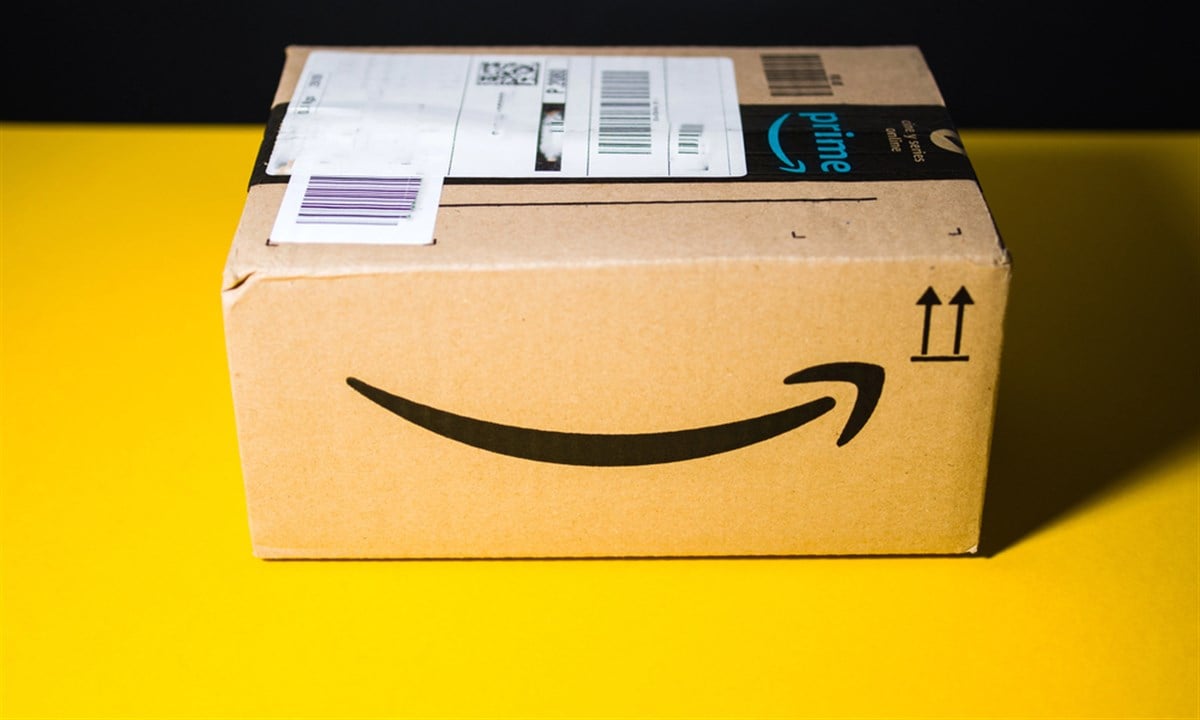
Among the Magnificent Seven stocks in 2024, Amazon (NASDAQ: AMZN) finds itself just above the middle of the pack when it comes to returns, up 31%. Amazon has a highly diversified business. Due to this, the consumer discretionary company fights on many fronts, attempting to reign supreme on all of them. So, just how well is this tech giant able to do this, and is Amazon a must-own Mag-7 stock going forward?
Breaking Down Amazon’s Business and Competitors
Amazon essentially has four overarching business divisions. First is retail commerce, which makes up the company’s Online Store division and Third-Party Seller Services division. The commerce division also includes Amazon’s Physical Stores division. Combined, these three divisions have made up 67% of total revenue over the past 12 months. Amazon competes with firms like Walmart (NYSE: WMT).
The next biggest part of the business is AWS. Amazon uses its data centers to provide customers with the ability to run their applications off the cloud. This lets customers develop and sell access to software-as-a-service (SaaS) applications without owning the physical hardware, creating a much more cost-effective model for these businesses. AWS also provides data storage, software development tools, and AI model development. It makes up 16% of total revenue.
Amazon’s advertising division makes up around 9% of the business. This is where Amazon sells ads on its e-commerce platform, other online platforms it owns, and third-party online spaces. In cloud services, the company competes heavily with companies like Google (NASDAQ: GOOGL) and Microsoft (NASDAQ: MSFT). It competes with them in advertising, too, as well as with Meta (NASDAQ: META) and, increasingly, Netflix (NASDAQ: NFLX).
The company also has its subscription services. It includes revenue from Amazon Prime, Prime Video, Amazon Music, and other subscriptions. This makes up 7% of revenue. There, it competes with the likes of Netflix, Google, and Spotify (NYSE: SPOT).
Analyzing Amazon’s Position in E-Commerce, Ads, and Subscriptions
So, how does Amazon stack up on all these fronts? When it comes to e-commerce, the firm has the largest business in the United States. Walmart’s e-commerce business is growing considerably faster at 21% last quarter versus 7% for Amazon. However, the overall size of Walmart’s e-commerce business is still approximately only half the size of Amazon's. Additionally, Amazon’s third-party sellers business is likely still massively larger than Walmart’s. Amazon is facing more pressure in this business, but it remains the top dog for the foreseeable future.
In advertising and subscriptions, there may be a bit more reason for worry. Meta has one of the world’s strongest ad businesses, largely due to incorporating AI to make more personalized ads in its Facebook and Instagram apps.
Also, Netflix's recent announcement could hurt Amazon. They have launched an ad-supported version of their streaming service. It may hurt Amazon in terms of subscriptions and ads. This cheaper Netflix could take Amazon Video subscribers. It also inserts a hugely valuable ad platform in the market due to Netflix's massive reach, which Amazon will have to compete with. However, Amazon’s packaging, together with Prime Delivery, Video, and Music, still presents a very powerful overall value.
What AWS Strength and Valuation Signals for Amazon
Still, the most important part of the business is AWS. This is because, despite its only 16% share of total revenue, it accounted for 60% of operating profit last quarter. Things are looking good in this part of the business. Last quarter, it was the fastest-growing division at 19%, and growth is accelerating. In Q3 2023, growth was just 12%. Additionally, margins increased by 800 basis points from last year. AWS’s revenue growth is slower than Microsoft’s, but this isn’t unexpected as it still has the largest cloud computing market share.
CFRA analyst Arun Sunadram also points out a possible advantage AWS has over Microsoft. Amazon has been making its own AI accelerator chips for longer. This means the company may be less reliant on NVIDIA (NASDAQ: NVDA) chips. This would allow the company to expand faster as it wouldn’t have to rely as much on how fast NVIDIA could produce chips.
Amazon’s forward price-to-earnings ratio is near the lowest it has ever been and is only marginally higher than Microsoft’s. Given this and the strength of the business, Amazon looks like one of the best Magnificent Seven stocks to me right now.




